Dry summers and rainy winters make southwest Washington a unique place for water conservation and pollution prevention. While water conservation benefits the environment, it can also save businesses time and money. Use the following examples to implement water conservation at your business.
General water conservation
- Be conscious of water usage and its impact on fresh water supply.
- Install efficient water devices such as automatic faucets, low-flow toilets, water saving showerheads, and efficient water heaters and water-using appliances.
- Meter water usage to detect leaks.
- Educate employees on the importance of water conservation and pollution prevention.
Reuse water
- Manufacturers can recirculate water for performing cooling operations.
- Reuse wastewater (“graywater”) for other industrial uses, fountains or fire protection.
- Collect rainwater or irrigation runoff for reuse (this is called water harvesting).
Landscaping
- Use drip and other low-flow irrigation to maximize water infiltration into the soil.
- Do not use chemical fertilizers as they run-off the land and contribute to eutrophication.
- Water the landscape in the early morning or overnight to limit water loss to evaporation.
- Minimize high-maintenance grass and plant drought-resistant plants.
- Use mulch around plants and trees to retain moisture.
- Set irrigation system to only water landscaped areas (not walkways and parking areas).
- Disconnect downspouts to directly water the landscape or lawn.
Pollution prevention and pre-treatment
- Replace garbage disposals/grinders with strainers to manually remove organic material from the water stream (reducing organic content in waste water that causes eutrophication).
- Know what to flush.
- Learn more about water pretreatment programs from the City of Vancouver.
- Visit Clark Regional Wastewater District's Pollution Prevention page.
- See Stormwater


